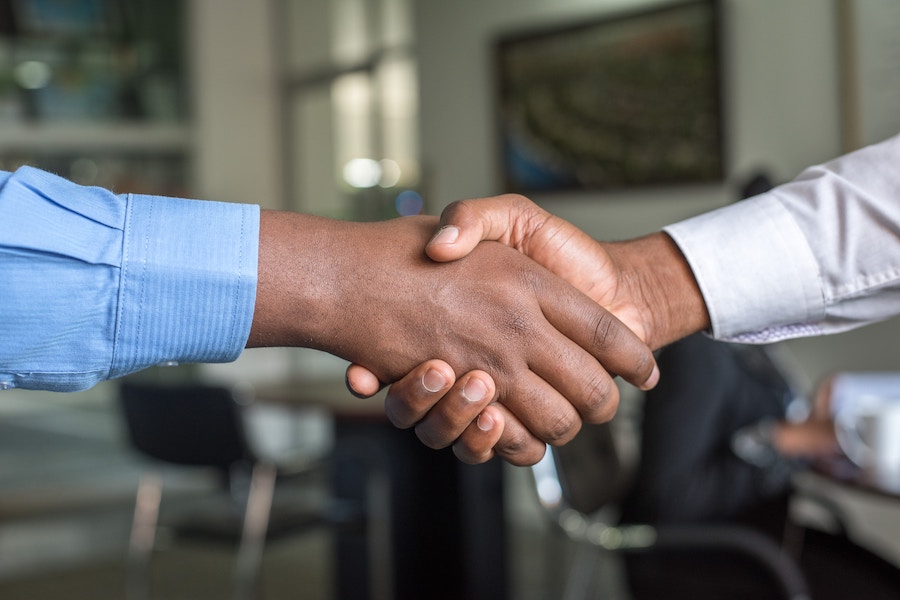Debt to Estate Survives Due to Breach of Fiduciary Duty
Kingston Estate v. Charrette(2011), 2011 ONSC 7126, 2011 CarswellOnt 14834(Ont. S.C.J.) was in favour of the Estate Trustee/Plaintiff and held that the Defendants, the Charrettes, had not been given a gift of $25,000 by the deceased as they had alleged. The Charrettes were ordered to pay to the Estate the sum of $25,000 together with pre-judgment interest and costs to the Plaintiff on a substantial indemnity basis.
The Charrettes, however, declared bankruptcy after the proceeding was commenced.
A second application was therefore made by the Estate Trustee seeking an order that these amounts (the “debt”) owed to the Estate by the Charrettes should not be discharged by their bankruptcy.
Because the Charrettes went bankrupt after the proceeding was commenced, the order that had been made would be worthless unless the debt created by his decision survived their bankruptcy.
The Estate Trustee sought an order that the debt was not discharged by the bankruptcy because it either (a) arose out of fraud, misappropriation or defalcation while they were acting as fiduciaries, or (b) resulted from obtaining the money by false pretences or by fraudulent misrepresentation.
The Estate Trustee, in the original statement of claim, had requested a declaration that the debt or liability owed by the Charrettes arose in circumstances set out in sections 178(1)(d) and (e) of the Bankruptcy and Insolvency Act (the “BIA”) which provides:
178(1) An order of discharge does not release the bankrupt from…(d) any debt or liability arising out of fraud, embezzlement, misappropriation or defalcation while acting in a fiduciary capacity…; (e) any debt or liability resulting from obtaining property by false pretences or fraudulent misrepresentation;
The Estate Trustee’s counsel later requested an opportunity to address the issues under section 178 of the BIA which the Judge granted. Justice Ellies determined that the Court did have jurisdiction to consider the issues raised under section 178(1) of the BIA. Justice Ellies stated that as no formal order had yet been drawn up, he had the jurisdiction to deal with the order requested under section 178. He relied on the Supreme Court of Canada decisions in Paper Machinery Ltd. v. J.O. Ross Engineering Corp.(1934), 1934 CarswellNat 30, [1934] S.C.R. 186, [1934] 2 D.L.R. 239(S.C.C.) and, in particular, Chandler v. Assn. of Architects (Alberta)(1989), [1989] 6 W.W.R. 521, 36 C.L.R. 1, [1989] 2 S.C.R. 848, 70 Alta. L.R. (2d) 193, 40 Admin. L.R. 128, 62 D.L.R. (4th) 577, 99 N.R. 277, 101 A.R. 321, 1989 CarswellAlta 160, 1989 CarswellAlta 620(S.C.C.). Justice Ellies went further to say that even if the final order had been drawn up, issued and entered, it was clear from his earlier decision that the declarations sought were to be determined as a separate matter based upon the facts as he had found them. Therefore, there was no prejudice to the Defendants by granting the Estate Trustee’s request as they had been aware from the commencement of the proceeding that this type of order was going to be sought.
Justice Ellies then had to determine whether or not the debt or liability arose in the circumstances referred to in section 178(1)(d). He concluded that:
It was not necessary that a beneficiary communicate directly or even indirectly with a fiduciary in order to create a fiduciary duty. It is sufficient if the fiduciary is aware that the property in question is being held on behalf of the beneficiary and that the following things are true:
- the fiduciary has scope for the exercise of some discretion or power;
- the fiduciary can unilaterally exercise that power or discretion so as to affect the beneficiary’s legal or practical interests; and
- the beneficiary is particularly vulnerable to or at the mercy of the fiduciary holding the discretion or power.
The Judge concluded that all three criteria had been met in this case and the award was not discharged by the bankruptcy.
It is therefore important, when commencing any litigation where the defendant is likely or has commenced a bankruptcy proceeding, to ensure that a claim is advanced for any amounts awarded by the courts that fall within the requirements of section 178 of the BIA.
– See more at: http://www.disinherited.com/blog/debt-estate-survives-bankruptcy-due-breach-fiduciary-duty#sthash.UgmmmoPV.dpuf









